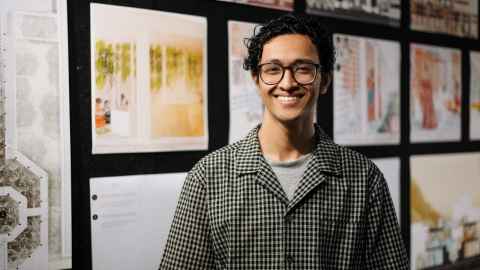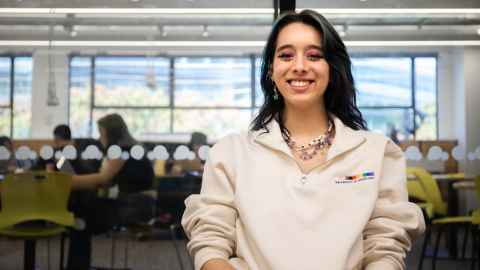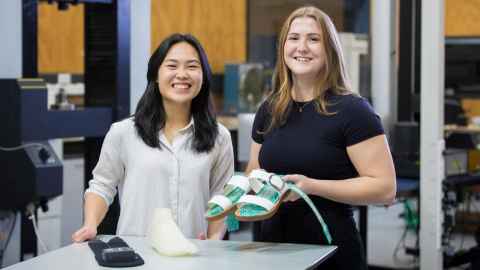

Hear about our students' experiences at Aotearoa’s leading faculty for architecture and the built environment.
Read more
Our Urban Design and Urban Planning students share how their studies are preparing them for practice in our increasingly complex and diverse world.
Read more
